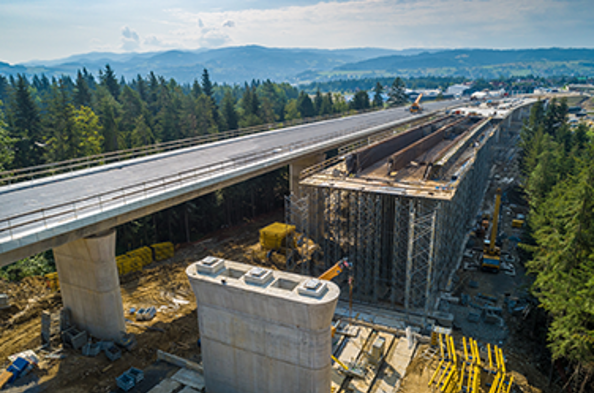
Concurrent Delays in Construction Projects
Concurrent delay, when delays caused by both the employer and contractor overlap on the critical path, is still one of the most debated topics in construction law.
Welcome to our blog where we share our expertise and opinions on a range of topical issues.

Concurrent delay, when delays caused by both the employer and contractor overlap on the critical path, is still one of the most debated topics in construction law.

The NEC4 suite of contracts has expanded its dispute resolution framework with the introduction of the Conflict Avoidance Panel (CAP) and greater flexibility around Dispute Avoidance Boards (DAB).

Following in the recent trend of security of payment legislation throughout the common law world, Hong Kong introduced its “Construction Industry Security of Payment Ordinance” (CISPO).

How behavioural drivers in modern contracting models are transforming construction collaboration and delivery

The recent landmark judgment has provided Sky UK Limited & Another v Riverstone Managing Agency Limited & Others clarity on the interpretation of Construction All Risks (CAR) insurance policies.

Mediation is a widely used form of Alternative Dispute Resolution (ADR) in the UK construction, infrastructure and energy industry.
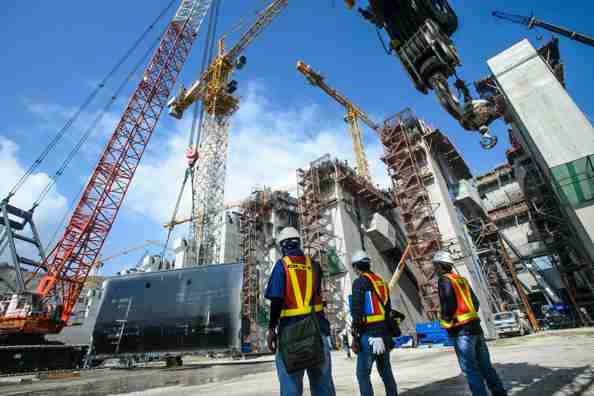
In the construction industry, the decision on how to allocate risk presents a significant challenge due to the complexity and multifaceted nature of construction projects.
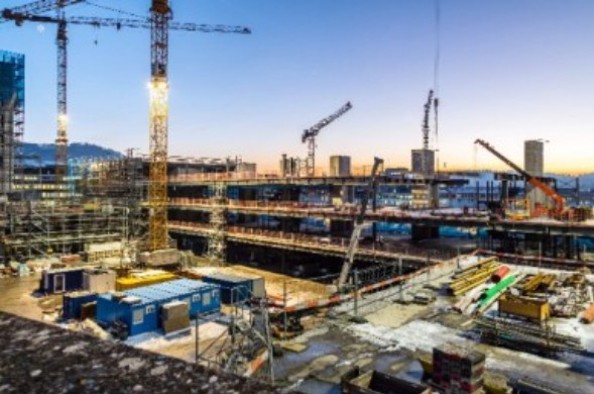
Learn how EVM can transform project evaluation by combining planned performance, actual progress, and productivity analysis.

The Supreme Court has made it clear that public health and safety interests are at the forefront of priorities under the Occupational Health and Safety Act (OHSA).

The judgment highlights the importance of clear contractual drafting, particularly regarding remedies for interest rates.

Best practice delay analysis including differentiation between recovery and acceleration plans.

The key objectives of the Housing Grants, Construction and Regeneration Act 1996 [HGCRA] were to improve cash flow and introduce rapid low-cost dispute resolution.

Mediation is a non-binding ADR process that allows the parties to retain control and resolve issues without recourse to expensive and lengthy formal processes.

In this article, Rebecca Redhead and William Garcia explain how proactive measures and communication can help avoid disputes, leading to more successful project outcomes.

Effective risk management is a key aspect of successful project delivery in the construction industry; there are several strategies that can be used to mitigate project delivery risk.
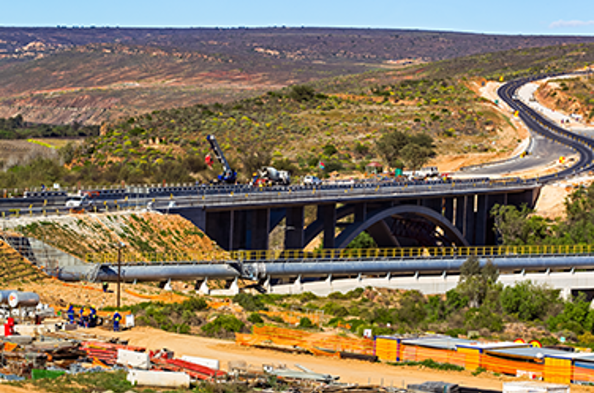
As construction expert practice continues to evolve we examine the importance of data expertise in claim and expert evidence preparation.
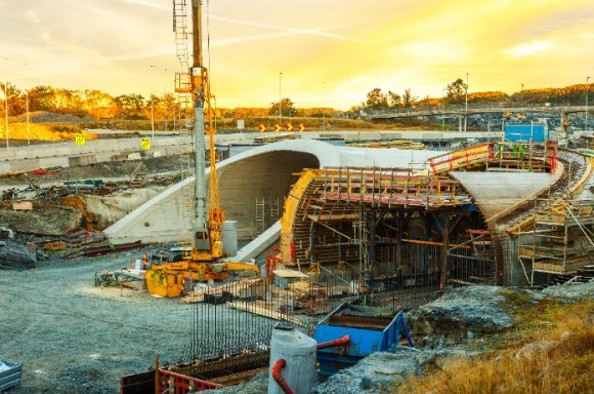
By leveraging technology, construction experts can streamline claim or expert evidence preparation, improve accuracy, enhance collaboration, and present claims more effectively.

This article discusses the use of the price escalation clause, often referred to in Australia as a ‘rise and fall’ clause, as a risk management method.

As the cost of materials, transportation and labour rise globally, construction projects are feeling the bite of evaporating margins, constrained cashflow, and extended lead times.
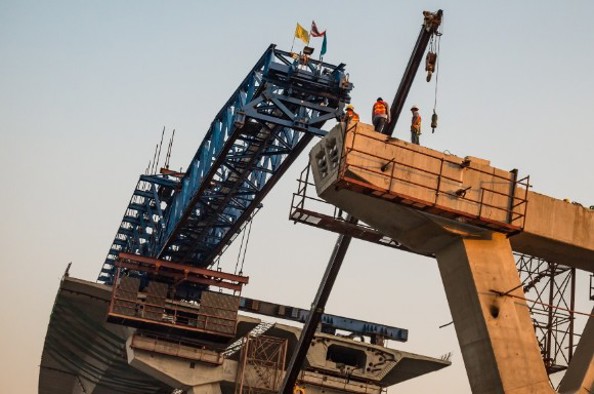
When managing a project which is better: a detailed schedule or a less detailed one. The simple answer that you would usually get is a detailed one of course! Well… it is not always the case.

Group Managing Director, Stephen Rayment, explains why Systech is a “disruptor” within the construction claims market.

The Corporate Insolvency and Governance Act 2020 (“CIGA”) received royal assent on 25th June 2020 and its provisions came into force the very next day, with some having retrospective effect from March 2020.

Systech offers a commercially focused, expeditious and cost-effective expert witness service as part of its approach to dispute resolution in the industry.
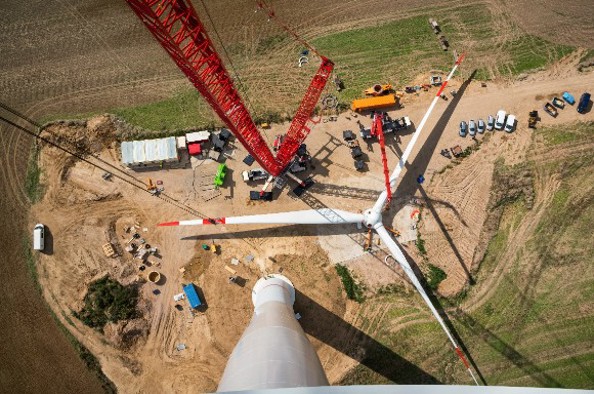
When managing a project, which is better: a detailed schedule or a less detailed one. The simple answer that you would usually get is a detailed one of course! Well… it is not always the case.

Statutory adjudication provisions came into force in Ontario on 1 October 2019 and the Ontario Dispute Adjudication for Construction Contracts released its second annual report towards the end of 2021.

The Kingdom of Saudi Arabia is embarking on what could become the most significant national programme of development in history.

The issue of concurrent delay is rarely dealt with in the Ontario courts or, indeed, anywhere. This is largely due to the prevalence of alternative dispute resolution (ADR) mechanisms in the construction industry.
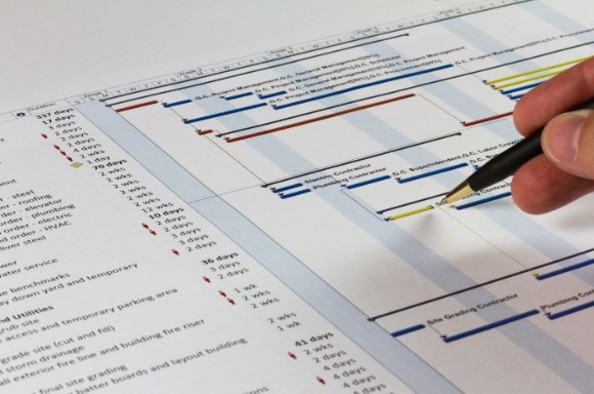
The case of Mansion Place Ltd v Fox Industrial Services Ltd [2021] EWHC 2972 (TCC) is a timely reminder of the importance of keeping contemporary records.

Where there is more than one dispute, parties are prevented from referring the disputes to adjudication unless they come to an agreement.
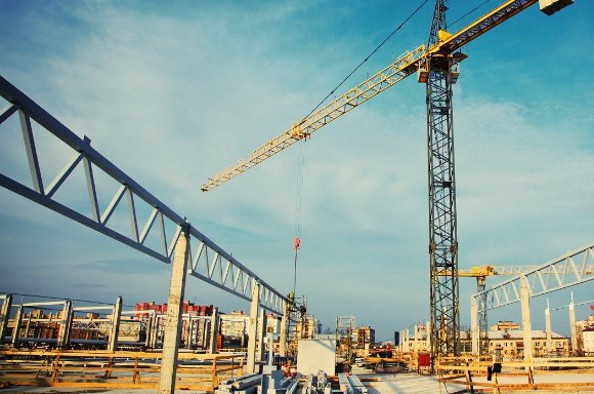
Australia’s security of payment regimes are based on two legislative models known as the ‘East Coast’ and ‘West Coast’ models, these models represent two approaches to security of payment rules.

The judge in Downs Road Development LLP v Laxmanbhai Construction (UK) Limited [2021] EWHC 2441 (TCC), possibly opened up a new path to “smash and grab” adjudications.

Liquidated damages clauses are an important part of contractual risk management. For the party relying on them, these clauses provide reassurance of compensation for any project delay.

Joint Ventures have become a staple of international megaprojects as they facilitate the sharing of specialist skills and key connections, as well as collating financial strength and spreading commercial risk.

If you have worked on an international construction contract, the chances are high that you’ve encountered LIBOR. LIBOR as we know it will cease no later than 31 December 2021.

Disruption is usually lost productivity, i.e. an increase in the resources required to carry out a unit of works from the “baseline” levels.

Until the Singapore Convention came into existence, the use of mediation was generally limited to the resolution of domestic disputes.
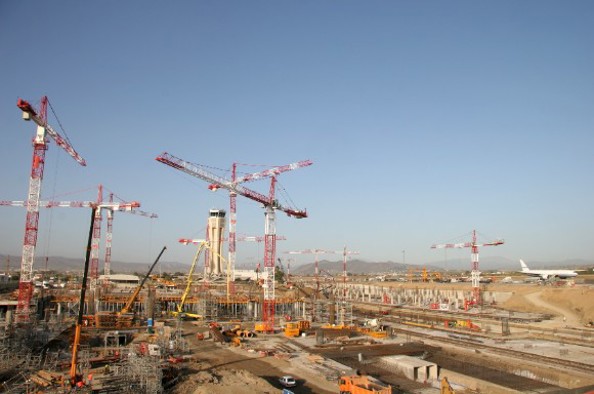
‘Disruption’ and ‘delay’ are terms that are regularly used in the same breath as they often flow from the same event. You can have delay without disruption and vice versa as we will see later in this article.

The EPC industry has always been a risky business that requires increasingly critically-minded management, as unexpected new risks keep emerging.

This article was originally published in the ICE Construction Law Quarterly Volume 171 Issue 5 and is kindly reproduced with their permission.

The case of Callow v. Zollinger saw the Supreme Court of Canada pass judgment on the conduct of parties to a contract and how they must act with honesty even if they are complying with the provisions.

The recent case of Secretariat v A Company has shone light on the duty of the expert witness and the issue of conflicts of interest, but has it raised more questions than answers?
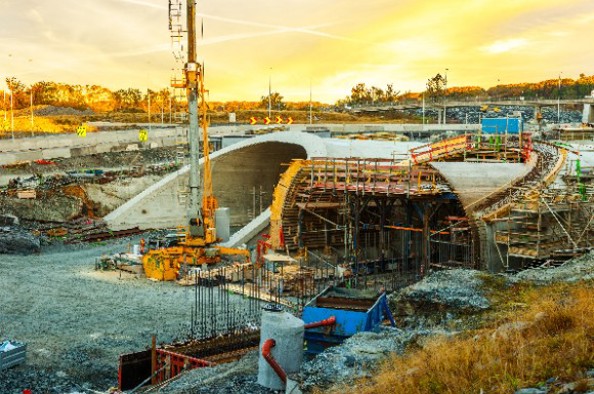
Taking shortcuts with your project records is likely to dramatically reduce the success of your claims, Paschal Walsh explains why.

It is recognised that construction projects have a tendency to overrun; the more complex the project, the more likely I will suffer from delays.

Contractors focus on the successful delivery of projects but do not always get paid fairly for doing so.

Due to the 2020 pandemic, Courts and other dispute resolution bodies around the globe have had to adapt quickly to the situation, and they have generally done this by embracing ‘remote’ or ‘virtual’ hearings.
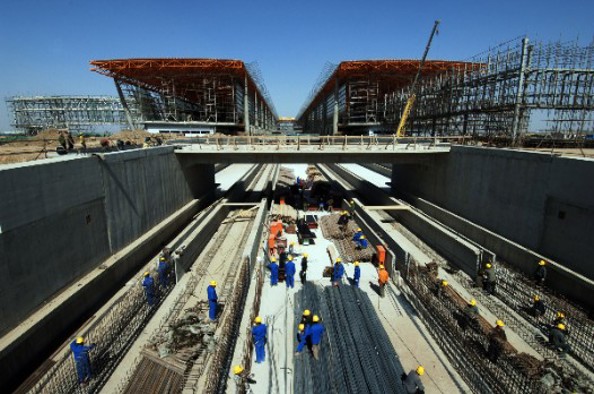
This article draws on Systech Law’s experience to provide an overview of the role of the Independent Certifier and how to successfully work with them.

This article looks at the obligation of reciprocal performance, which is often termed “mutuality of contract”, and how the principle has developed across various jurisdiction.

Systech considers COVID-19 from a Middle East perspective, offering steps to preserve contractual rights and entitlements, privilege and confidentiality during settlement negotiations.

The application of sampling has not always been well received by courts and tribunals, primarily because, by its nature, it alters the burden of proof.

The construction industry is credit-heavy and complex, a very dangerous combination that often leads to contractors not getting paid on time and/or not receiving what they are due.

We help our clients improve their commercial & contractual standards through targeted & focused training given by senior members of our consultancy team with hands-on knowledge of the topic.

This is the first judgement to address the impact of the COVID-19 health crisis on the process of carrying out an adjudication.

An explanation of the impact of COVID-19 from a civil law perspective with a particular focus on the legal concepts in France and Algeria.

Imagine millions of pounds relying on an interpretation of a single word. A single word to determine the meaning of a contract’s clauses and the placement of liabilities.

Why take the difficult road of a Force Majeure claim when it is possible to take the easier path of a conventional claim?
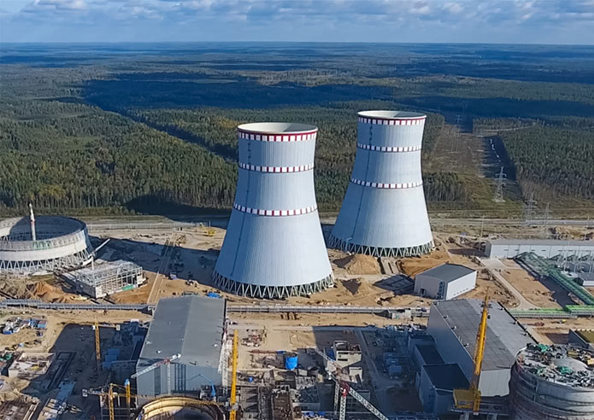
Group Managing Director, Mark Woodward-Smith, provides his top tips for NEC success including some specific tips for the recently published NEC4.
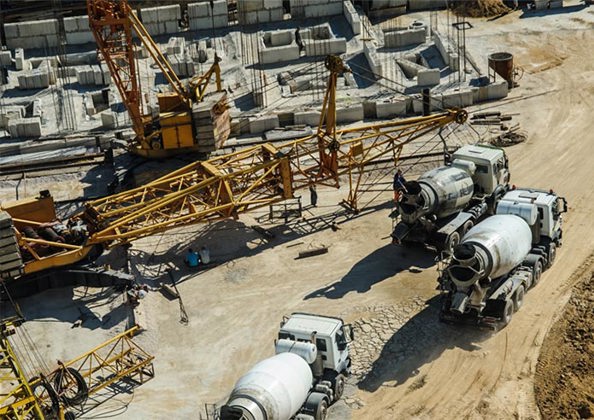
This article was originally published in the November 2019 edition of Construction law International; Grimes, MA (2019) 14(2) CLInt, 7-9, and is kindly reproduced with their permission.
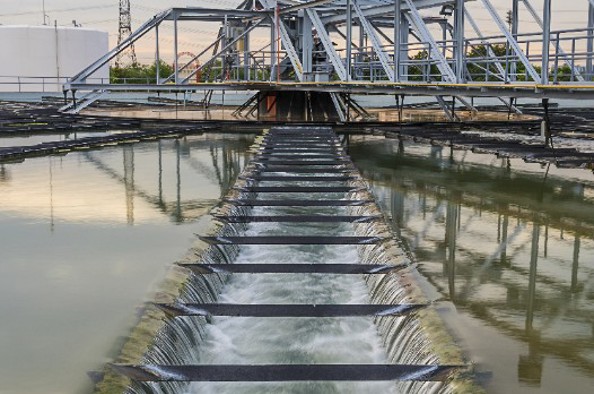
This article considers recent incremental legal developments concerning the often murky world of delay analysis methodology.

Time bar clauses are commonly seen as being of benefit to the employer, however they do provide benefits for contractors too.

Mediation has been used as a method of resolving disputes since time began, however it was not until the 1990s that it become an accepted part of the legal process.

Standard form contracts usually stipulate a period within which the contracted works must be completed by the contractor.